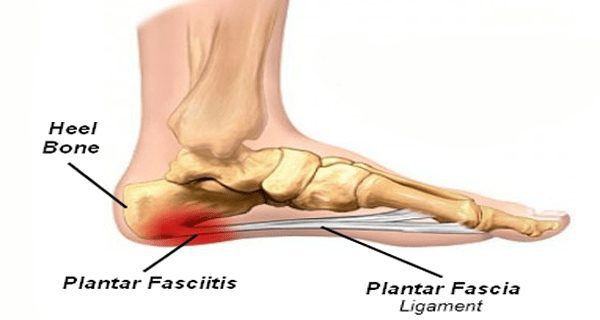by guest writer Jennifer Lomax
Testosterone is a hormone that is key for so many important functions. It plays a vital role in functions such as bone strength, brain function, muscle development, and energy production, so keeping this hormone at a healthy level is key. One study has shown, that men can be at a danger of lower testosterone levels if they fail on one crucial requirement: getting a good night’s sleep. The study shows that testosterone and sleep feed off each other and, to a great extent, depend on each other.
A Study on Healthy Young Men
The above study, carried out by researchers at the University of Chicago Medical Center, found that healthy young men who slept for less than five hours a night for a seven-night period had significantly lower levels of testosterone than when they slept the required seven hours per night. To be specific, testosterone dropped by between 10% and 15%. Low testosterone affects wellbeing and energy, yet to keep levels up, it is important to maintain good sleep quantity and quality.
What is Good Sleep Quality?
If you are sleeping seven hours a night but you wake up feeling fatigued, chances are, your sleep quality is lacking. According to the National Sleep Foundation, good sleep involves: falling asleep within half an hour of getting out of bed, waking up no more than once during the night, and being awake for a total of no more than 20 minutes after you first fall asleep. To achieve good sleep quality, it is important to follow a strict bedtime routine, limit gadget and electronics use in the evening, and ensure your bedroom is dark, cool, and comfortable.
Dwindling Testosterone Levels Can Affect Sleep
When it comes to sleep and testosterone, the relationship is definitely bi-directional. Sleep deprivation has been linked to heart disease, obesity, and Type 2 diabetes, so as mentioned above, sleeping well every night is key to our long-term health. However, can low testosterone levels affect our ability to achieve good sleep? A study by researchers at the University of Montreal answered this in the affirmative. The study, carried out on middle-aged men, found that low testosterone levels account for 20% of men’s inability to reach the state of deep sleep. The latter is known as the ‘restorative’ phase of sleep. It is key because during this stage, many important functions take place, including energy restoration, cell regeneration, growth and repair of bones and tissues, increased blood flow to muscles, and an important immune system boost.
What is the Solution?
It is important to give sleep a priority, following a good sleep hygiene routine, but also battling stress in the daytime, through mindfulness-based activities like yoga, meditation, and even simple controlled breathing exercises. Apps like Calm and Breathe lead users through a host of short (or longer) exercises that can help keep stress levels down. If you are feeling fatigued despite sleeping your required hours, testing for testosterone levels may be useful. There are simply testosterone HRT therapies that can restore the levels you need to achieve deep sleep. Your doctor should be able to indicate the steps to take to achieve better sleep every night.Good sleep not only ensures we enjoy good health, but also keeps us safe on the road, and mentally agile at work. If you aren’t waking up feeling refreshed and renewed, poor sleep quality (and, possibly, low testosterone) may be to blame. The first step towards fixing the problem is seeing your doctor for testing and to formulate a plan of action to ensure you enjoy a good night’s rest, every night.















